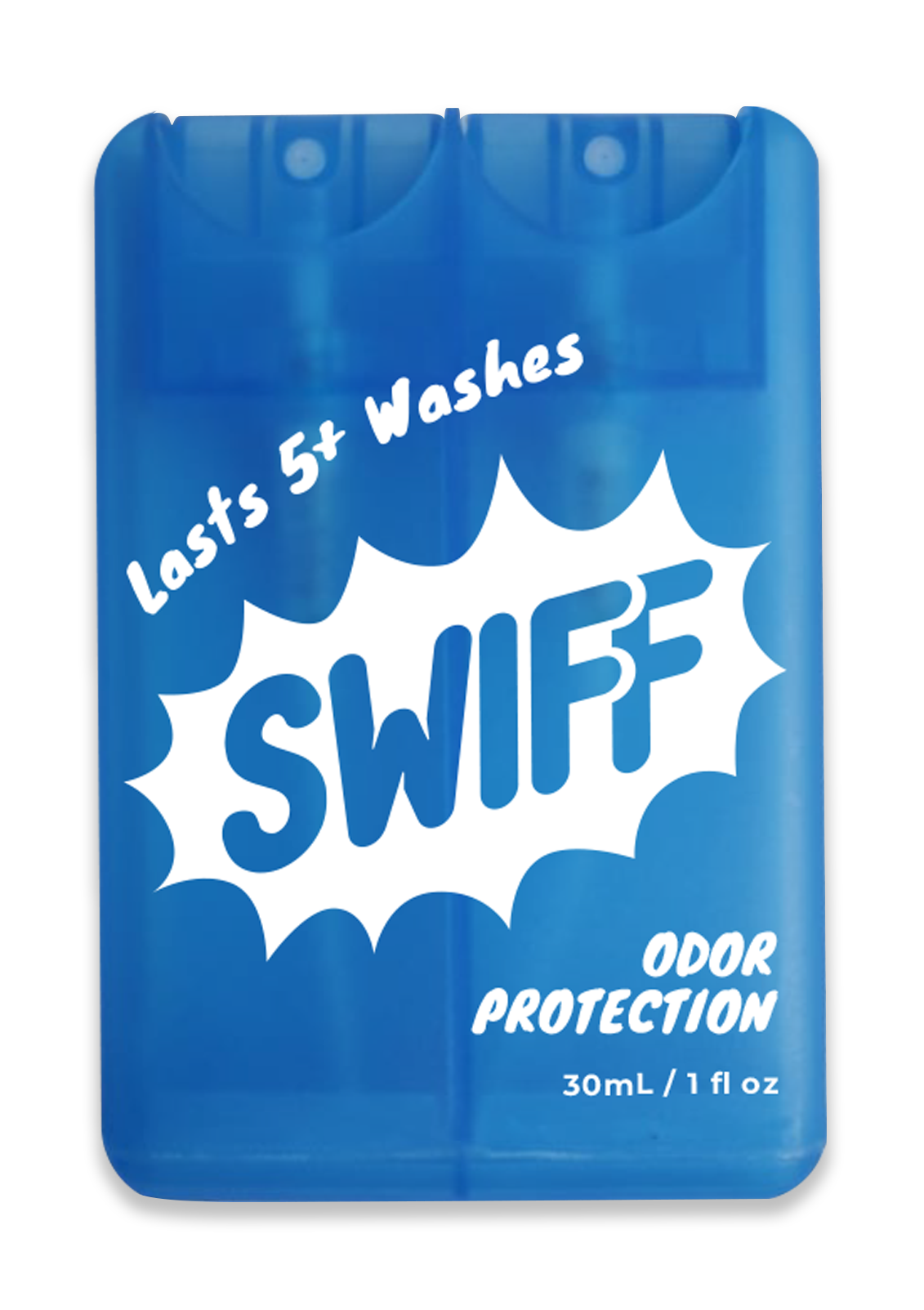Taming the Litter Box: Stopping Smelly Cat Litter and Bacterial Invaders
Cats bring so much joy to the home with their cute antics, however the odors emanating from the litter box are anything but cute. Cat litter smells can quickly become overwhelming, making it crucial to understand the sources of these odors and how bacteria play a significant role in their development. In this article, we'll explore the world of cat litter odors, discuss the various factors contributing to their intensity, delve into the role of bacteria, and provide effective cleaning solutions and products to keep your home smelling fresh and your furry friends feeling content.
The Science Behind Cat Litter Odors:
Smells can come from a variety of things. Cat urine contains urea and uric acid, which break down into ammonia when exposed to air, and ammonia stinks. This process, called ureolysis, is primarily responsible for the characteristic pungent odor associated with cat litter. Additionally, cat feces contain volatile organic compounds, that contribute to the overall smell. But the most pernicious agent, is the bacteria in the cats gut, that gets pooped out and is responsible for the brunt of the smell. As cats use the litter box regularly, the accumulated waste creates an environment ripe for the bacteria to proliferate, further intensifying the odors. Factors such as the type of cat litter used, the frequency of cleaning, and the ventilation in the litter box area all play roles in the persistence of these smells.
The Role of Bacteria in Cat Litter Odors:
Bacteria are the secret culprits behind the lingering odors emanating from the litter box. When cats urinate and defecate, bacteria immediately start breaking down the waste. This bacterial decomposition leads to the release of ammonia, methane, and other noxious gases that contribute to the unpleasant smells. As bacteria multiply rapidly in the warm and moist environment of the litter box, the odors become more potent and challenging to eliminate. To truly conquer cat litter odors, it's essential to target the bacteria responsible for producing these foul smells.
Effective Cleaning Solutions to Combat Cat Litter Odors:
To keep kitty litter odors at bay and maintain a fresh environment, regular cleaning is essential. Here are some effective cleaning solutions to combat litter odors and the related bacteria:
- Scoop the Litter Box Daily: Scoop the litter box at least once a day to remove urine and feces promptly. Regular cleaning prevents bacteria from multiplying and reduces odor intensity.
- Replace Litter Regularly: Completely replace the cat litter at least once a week, or more frequently if needed. Fresh litter helps control odors and bacteria buildup.
- Use Odor-Control Cat Litter: Opt for cat litter specifically designed to neutralize odors. Some litters contain activated charcoal or baking soda, which absorb and trap smells effectively, but don’t stop the underlying causes.
- Enzymatic Cleaners: Use enzymatic cleaners to clean the litter box and surrounding areas. These cleaners break down organic compounds, reducing bacterial growth and odor production.
- Ventilation: Ensure proper ventilation in the litter box area to disperse odors and prevent bacterial proliferation.
- Antibacterial Additives: Consider using anti-bacterial additives in the litter to inhibit bacterial growth and control odors.
- New antibacterial and anti-odor sprays: A relatively new product on the market, SWIFF spray, is capable of neutralizing odors and killing the culprits of odors, and early cat owner testers have found it useful in spraying their litter box right after their cat poops.
Top Cleaning Tips and Products to the Rescue:
- Activated Charcoal Air Purifiers: Place activated charcoal air purifiers near the litter box to absorb and trap odors in the air.
- Bacterial Inhibitors: Look for litter additives or sprays that contain bacteria-inhibiting agents to prevent odor-causing bacterial growth.
- Silver-Based Litter Products: Explore silver-based litter products or sprays, like SWIFF spray, that harness silver's natural antibacterial properties to combat odor-causing bacteria.
- High-Performance Litter: Consider using high-performance cat litters designed to clump tightly, making it easier to remove waste and reduce bacterial activity.
Keeping cat litter odors in check requires understanding the role of bacteria in odor development and employing effective cleaning solutions. By regularly cleaning the litter box, using odor-control cat litter, and incorporating antibacterial agents, we can create a fresh and inviting environment for the household. So, let's embrace the challenge of taming the litter box, conquer the bacterial invaders, and bid farewell to pesky cat litter odors, creating a harmonious and odor-free home for our beloved cats and ourselves.







